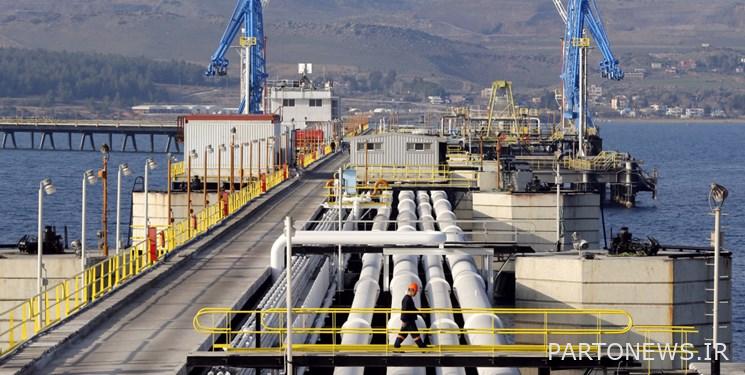Iraq’s efforts to restore oil pipelines with 3 Arab countries

According to the report of Fars News Agency, “Farhad Aladdin”, the adviser to the Iraqi Prime Minister on Iraq’s foreign relations, announced his country’s efforts to revive oil pipelines with 3 Arab countries.
He stated in an interview with the “Eastern Economy” website: “Negotiations are underway to revive a pipeline with Saudi Arabia that “existed in the seventies” and the idea of activating an oil pipeline through Syria, in addition to the pipeline. Basra-Aqaba” is being investigated by the consultants.
Iraq has long sought to revive its oil pipeline with Saudi Arabia. The Iraqi oil pipeline through Saudi Arabia to the Red Sea was built with Iraqi money, and extends from Iraqi oil sources to Saudi Arabia’s Yanbu port on the Red Sea. In addition, large tanks have been built in this port, which belongs to Iraq.
According to “Ibrahim Bahrul Uloom”, the former oil minister of Iraq, the transfer of oil from this line was stopped after the Second Persian Gulf War by the decision of Saudi Arabia, and after Saddam’s attack on Kuwait in 1990, no more oil was transferred from this line.
According to this report, the plans to restore oil lines with Saudi Arabia, Syria and Jordan are presented while Iraq is facing problems due to the stoppage of oil exports from the Kurdistan region of Iraq through the port of Ceyhan in Turkey, and this region has lost 450,000 barrels of exports per day. have given.
Regarding the re-export of oil through the pipeline to Turkey’s Ceyhan port, Aladdin said that in addition to the fact that the officials of this country are busy with the second round of the presidential election, the Turkish side says; There are technical issues preventing this from resuming.
Last March, the Iraqi government stopped exporting about 450,000 barrels per day of crude oil from the Kurdistan region and Kirkuk fields to Ceyhan port in Turkey after winning the international arbitration case regarding Erbil’s action in exporting oil to Turkey without permission. Turkey used to receive Erbil crude oil without an export license from the Iraqi central government.
The adviser to the Iraqi Prime Minister added: The Turkish side initially requested to negotiate for the fine approved by the court, which was estimated to be around 1.5 billion dollars, but then they told us that the process of stopping the oil through Ceyhan pipelines was due to technical problems.
For a long time, the Kurdistan Region of Iraq has been transferring its oil through a pipeline to the Turkish port of Ceyhan and selling it to the world markets from there, without giving any revenue to the central government, which has caused tension between Erbil and Baghdad in recent years. has been
At the beginning of this April, after Iraq’s victory in the international arbitration case regarding this matter, Turkey announced that it will no longer prevent the export of oil from the Kurdistan region through Ceyhan port until it obtains permission from Baghdad.
Ankara has assured Baghdad that they will not allow Iraqi Kurdistan’s oil tankers to sail through the port of Ceyhan until Baghdad agrees.
end of message/m
You can edit this article
Suggest this article for the first page

